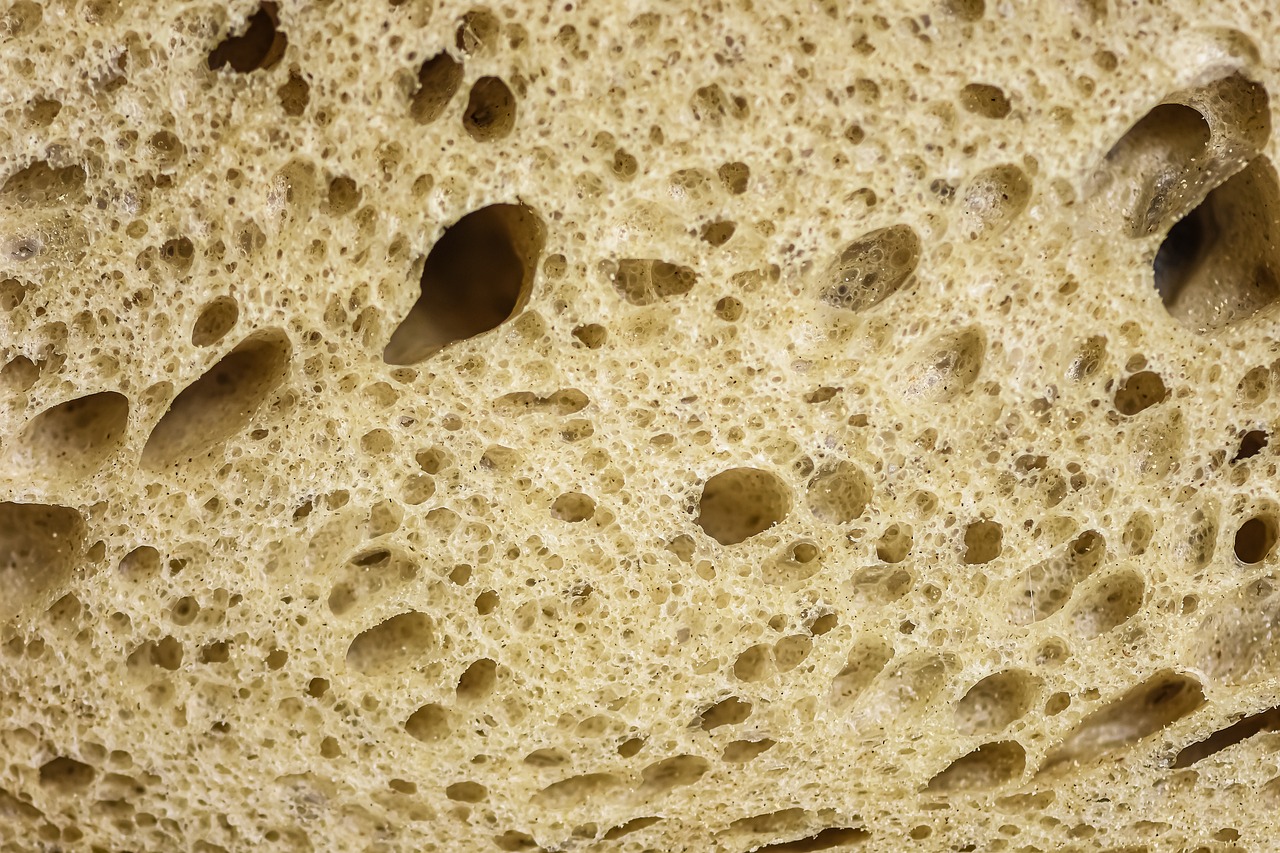The Potential of Sesame Seed Protein in Protein Bar Formulations: 11xplay, India 24 bet login registration, Skyiplay
11xplay, india 24 bet login registration, skyiplay: Sesame seeds are well-known for their delicious nutty flavor and crunchy texture, often used in various culinary dishes worldwide. But did you know that sesame seeds also pack a powerful punch when it comes to protein content? Sesame seed protein is gaining popularity in the health and fitness world, particularly in the formulation of protein bars. In this article, we will delve into the potential of sesame seed protein in protein bar formulations and explore why it could be the next big thing in the protein bar market.
Sesame seed protein – a powerhouse of nutrition
Sesame seeds are loaded with nutrients, making them a nutrition powerhouse. They are rich in protein, healthy fats, fiber, vitamins, and minerals. In fact, sesame seeds are a good source of essential amino acids, making them a complete protein source. This makes sesame seed protein an excellent choice for those looking to boost their protein intake, especially for vegetarians and vegans who may struggle to meet their protein needs.
The protein content of sesame seeds varies depending on how they are processed. When sesame seeds are hulled and roasted, they can contain up to 27% protein by weight. This high protein content makes sesame seed protein an attractive option for formulating protein bars, as it can help to increase the protein content of the bars without compromising on taste or texture.
Benefits of sesame seed protein in protein bar formulations
Sesame seed protein offers a range of benefits when used in protein bar formulations. Here are some of the key advantages:
1. High protein content: As mentioned earlier, sesame seed protein is rich in protein, making it an excellent choice for boosting the protein content of protein bars.
2. Complete protein source: Sesame seed protein contains all nine essential amino acids, making it a complete protein source that can support muscle growth and repair.
3. Nutrient-dense: In addition to protein, sesame seeds are also a good source of fiber, healthy fats, vitamins, and minerals, adding to the overall nutritional value of protein bars.
4. Allergen-friendly: Sesame seeds are not one of the top allergens, making sesame seed protein a suitable option for those with allergies or sensitivities to common allergens like soy, dairy, and nuts.
5. Versatile: Sesame seed protein can be easily incorporated into various protein bar formulations, providing a unique flavor profile and texture.
6. Sustainable: Sesame seeds are a sustainable crop that requires minimal water and resources to grow, making sesame seed protein an environmentally friendly option for protein bar formulations.
How to incorporate sesame seed protein into protein bars
There are several ways to incorporate sesame seed protein into protein bar formulations. One common method is to use sesame seed protein powder as a base ingredient in the formulation. Sesame seed protein powder is readily available in the market, making it easy to source for manufacturers looking to add it to their protein bar recipes.
Another way to incorporate sesame seed protein is by using whole or ground sesame seeds in the bar formulation. This can add a crunchier texture and enhance the flavor of the bars, making them more appealing to consumers.
Sesame seed protein can also be combined with other plant-based proteins like pea, rice, or hemp protein to create a blend that offers a complete amino acid profile and a well-rounded nutritional profile.
In conclusion, sesame seed protein has the potential to be a game-changer in the protein bar market. Its high protein content, complete amino acid profile, nutrient density, allergen-friendly nature, versatility, and sustainability make it a compelling option for manufacturers looking to create innovative and nutritious protein bars. So, keep an eye out for sesame seed protein-based protein bars next time you’re at the store – they might just become your new favorite snack!
FAQs
Q: Are sesame seed protein bars suitable for vegetarians and vegans?
A: Yes, sesame seed protein bars are suitable for vegetarians and vegans, as sesame seeds are a plant-based protein source.
Q: Are sesame seed protein bars gluten-free?
A: Sesame seeds are naturally gluten-free, but it’s essential to check the ingredients list for any potential gluten-containing additives in sesame seed protein bars.
Q: Can sesame seed protein bars help with muscle recovery after exercise?
A: Yes, sesame seed protein bars can help with muscle recovery after exercise due to their high protein content and complete amino acid profile, which supports muscle growth and repair.
Q: Are there any potential allergens in sesame seed protein bars?
A: Sesame seeds are not one of the top allergens, but individuals with sesame seed allergies should avoid sesame seed protein bars to prevent any allergic reactions.







